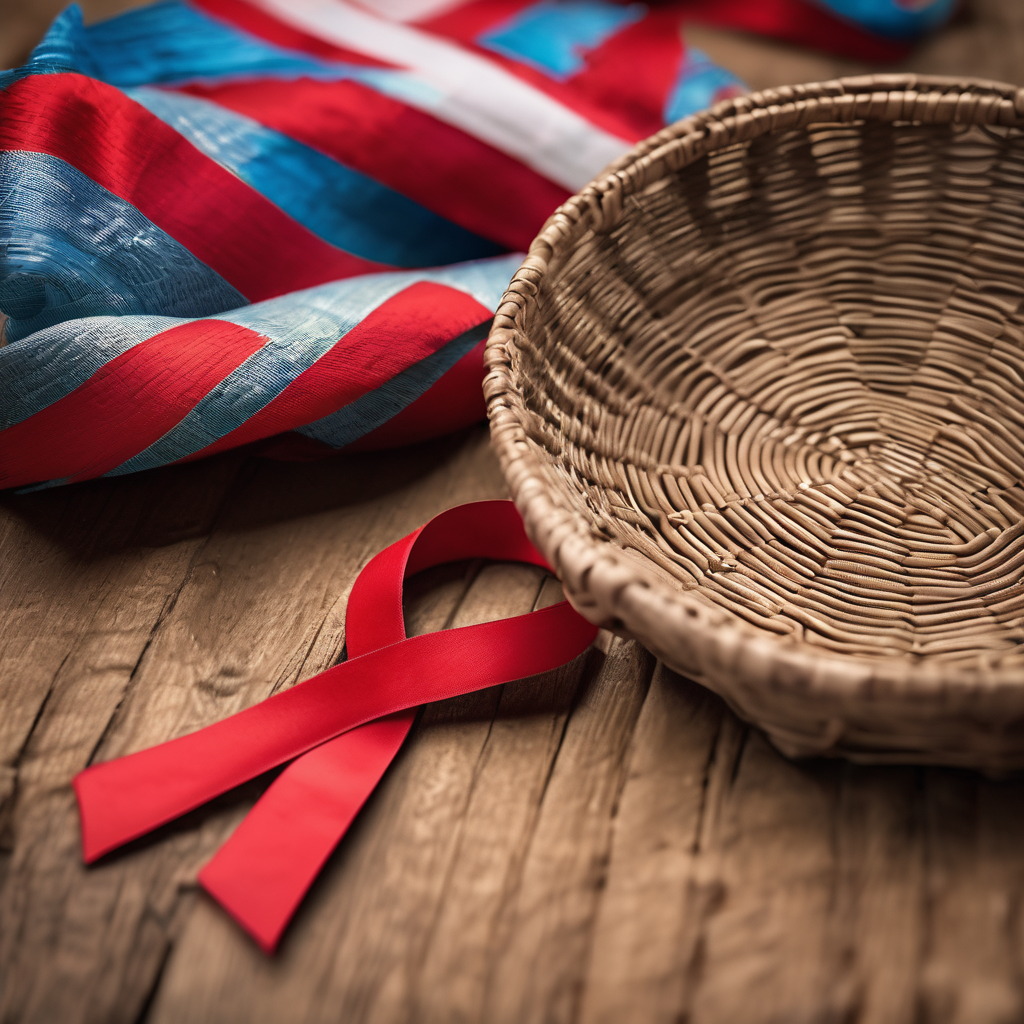Fiji’s fight against the rising HIV epidemic faces significant challenges, particularly regarding the societal stigma associated with the virus. Minister of Women, Children and Social Protection, Sashi Kiran, highlighted the critical need for increased conversations surrounding HIV following a BBC World News report identifying Fiji as the fastest-growing HIV hotspot in the South Pacific. The report raised concerns about the vulnerability of children in the context of the ongoing crisis.
Despite the Ministry of Health’s efforts declaring HIV an emergency, creating a national task force, increasing budget allocations, and implementing harm reduction programs, Kiran pointed out that stigma remains a substantial barrier. Many mothers, aware of their HIV-positive status, are reluctant to speak openly about their condition, placing their children at risk. By receiving proper treatment, mothers can significantly reduce the risk of mother-to-child transmission, a point Kiran emphasized extensively.
The rising rates of HIV in Fiji are closely linked to longstanding issues related to drug use. According to Kiran, the drug epidemic has persisted for over a decade, and the acknowledgment of these social issues is crucial. “When you acknowledge something, it comes out fully,” she stated, noting a stark increase in both drug-use cases and HIV diagnoses.
Kiran pointed to proactive steps like the Government’s needle and syringe program, along with training and testing initiatives, as vital measures in reducing transmission rates. However, she reiterated that real progress hinges on changing societal attitudes towards HIV, stating, “The hard work for the whole of society is to remove the stigma around HIV/AIDS.”
Kiran stressed the importance of instilling healthy behaviors in Fijian children, addressing topics such as sexual health and the dangers of drugs. She called for a collective effort among the government, community organizations, and the public in combating stigma and fostering education about the disease.
This comprehensive approach mirrors the sentiments expressed by UNAIDS Pacific adviser Renata Ram, who has noted that stigma and misinformation contribute significantly to rising HIV case numbers in Fiji. She highlighted the pressing need for improved educational programs in schools and community outreach to dismantle misconceptions surrounding the disease.
The situation in Fiji is urgent, as the Ministry of Health reported 552 new HIV cases in the first half of 2024 alone, indicating the importance of increased testing and awareness. Ram’s comments concerning the necessity for a holistic prevention strategy, which includes forthcoming initiatives aimed at reducing stigma, signal hope for affected communities.
While Fiji grapples with these public health challenges, the call for education and collective action could pave the way for a future where individuals living with HIV can access support without fear of discrimination. By addressing these issues head-on, there is optimism that the country can make significant strides in combating the epidemic, ultimately improving health outcomes for all Fijians.
